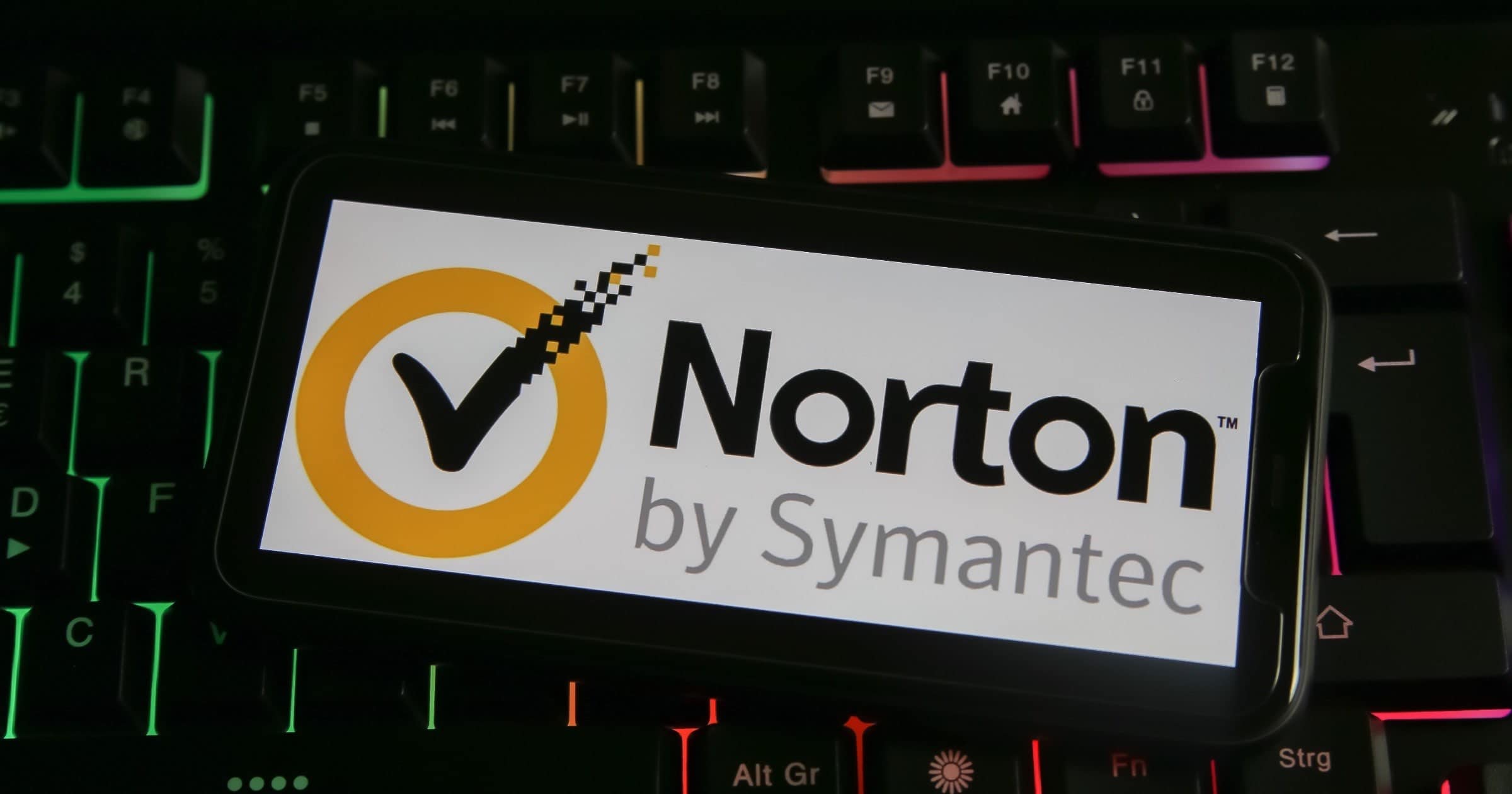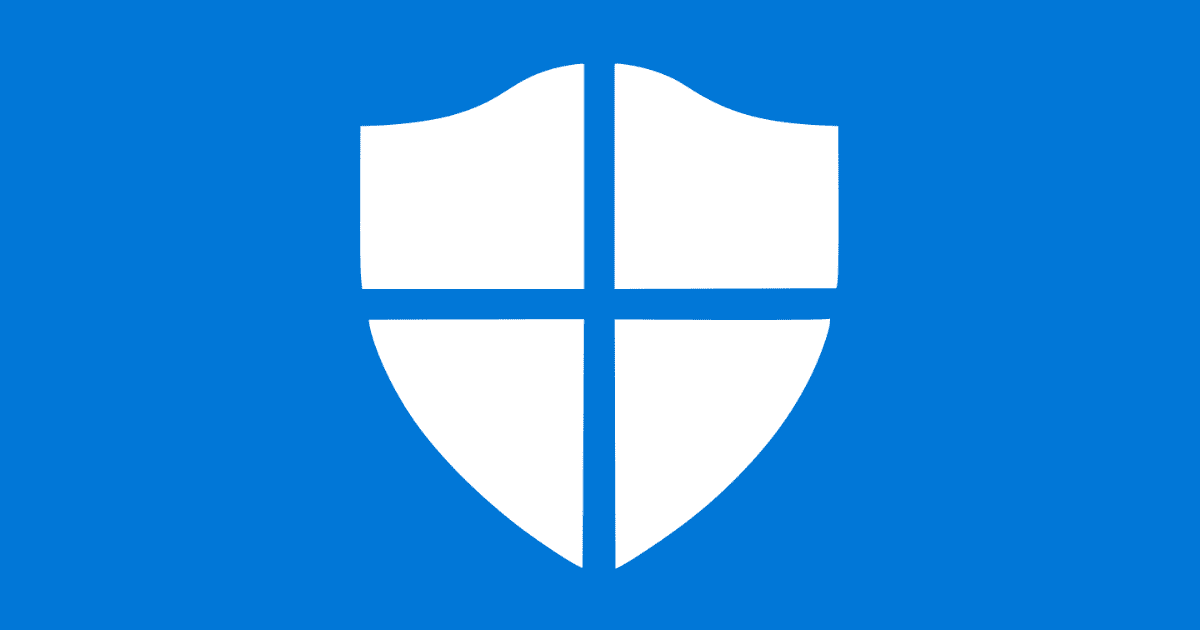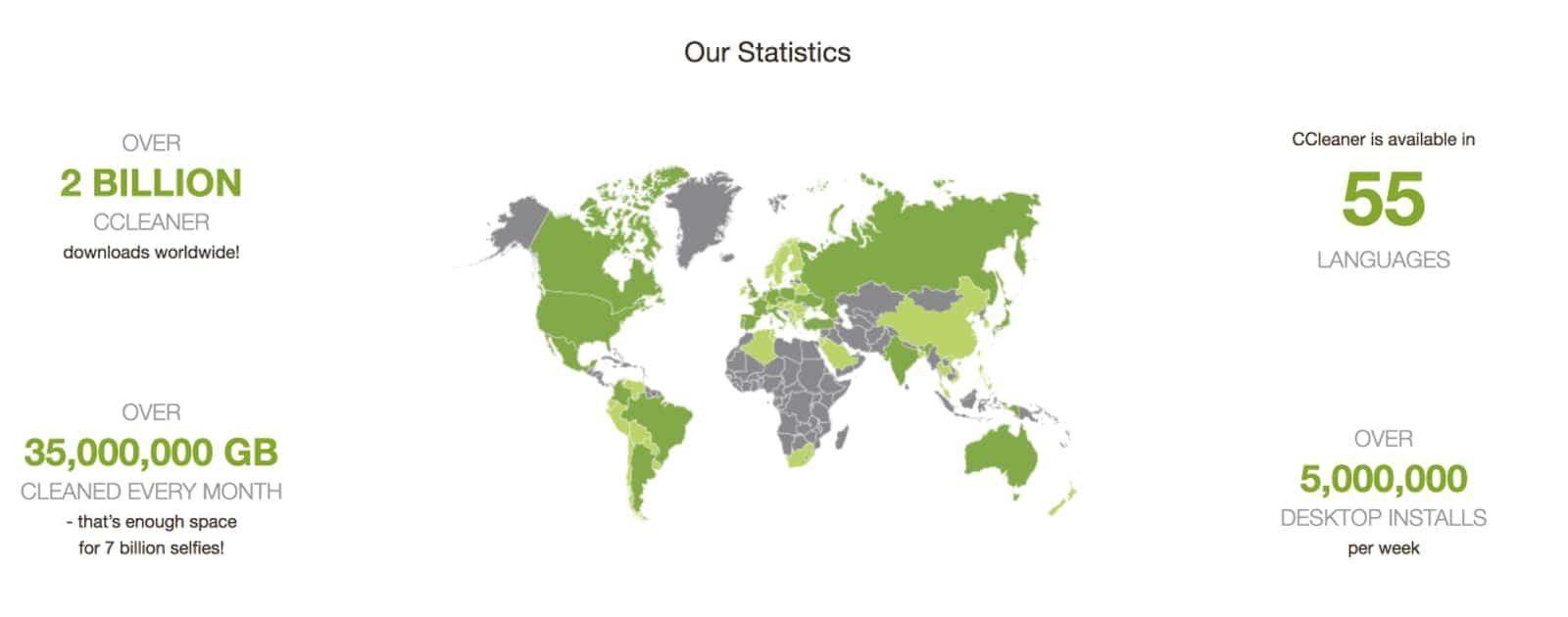If your search engine has been replaced with something dubious, you may have Search Marquis malware: here’s how to remove it on Mac.
Antivirus
Avira Antivirus Crypto Miner is Also a Thing, Following Norton
Following Norton, Avira Antivirus crypto miner is also a thing now, as the company is owned by NortonLifeLock.
Not only does Norton press gang your system into mining Etherium [sic], they take a 15% cut off the top for doing so, though at least they let you keep the rest; whether you know it or not. The problem is that antivirus programs are supposed to prevent you from unwittingly mining cryptcoin for others, not actively recruit you for it. This might not seem bad at first glance, as they give you a dashboard which shows just how much money you could theoretically get if you cashed in the Etherium [sic] them made you mind.
Norton Antivirus Now Includes a Crypto Miner in its Software
Norton antivirus has added a cryptocurrency miner to its software that it takes a 15% commission on. The link to the FAQ can be found below.
Update: This has been updated to include a quote from a NortonLifeLock spokesperson. They want to mention that it’s an opt-in feature: “Norton Crypto is an opt-in feature only and is not enabled without user permission.”
There is also a way to opt-out if you let it mine crypto but you changed your mind. However, it’s a bit more complicated than turning a toggle off:
“If users have turned on Norton Crypto but no longer wish to use the feature, it can be disabled through Norton 360 by temporarily shutting off “tamper protection” (which allows users to modify the Norton installation) and deleting NCrypt.exe from your computer.”
Today on The Mac Observer‘s Daily Observations podcast, we mentioned several free alternatives to Norton that don’t include a crypto miner.
MacKeeper Works to Regain Mac Users' Trust
Although the product has experienced a poor reputation in the past, MacKeeper is working hard to regain Mac users’ trust.
John McAfee - Man, Myth, Legend, Dies by Suicide in Jail
John McAfee, founder of the antivirus software company McAfee, has died by an apparent suicide. He was held in a Spanish jail cell awaiting extradition to the U.S.
Earlier on Wednesday, the Spanish High Court had agreed to extradite McAfee, who has been charged with a number of federal financial crimes in two districts in the United States. McAfee was hit with a 10-count indictment in the Western District of Tennessee in October for allegedly evading taxes on millions of dollars in income. He was also charged in a separate indictment in Manhattan federal court in March for a pump and dump scheme involving cryptocurrencies that he was touting on social media.
Avira Security Updates Mac App With New Code
Avira Security released the latest version of its software suite on Tuesday. It’s been rewritten with Apple’s Swift, SwiftUI, and Combine frameworks.
John McAfee Arrested for Tax Evasion
John McAfee, founder of the McAfee antivirus company, has been arrested in Spain, facing extradition to the U.S. over tax evasion and fraud.
The DOJ’s charges against McAfee are a bit dry but detail 10 counts against the entrepreneur. McAfee faced 5 counts of tax evasion, which each carry a maximum penalty of 5 years in prison, as well as 5 counts of “willful failure to file a tax return,” each carrying a maximum penalty of 1 year in prison.
And here I thought he was already in prison.
Leaked Documents Reveal Antivirus Surveillance Industry
Leaked documents reveal that an Avast antivirus subsidiary called Jumpshot packages what you do on your computer and sells it to companies like Google, Microsoft, Pepsi, and more.
The data obtained by Motherboard and PCMag includes Google searches, lookups of locations and GPS coordinates on Google Maps, people visiting companies’ LinkedIn pages, particular YouTube videos, and people visiting porn websites. It is possible to determine from the collected data what date and time the anonymized user visited YouPorn and PornHub, and in some cases what search term they entered into the porn site and which specific video they watched.
I write a lot about privacy and security, and I try hard to be optimistic that eventually things will change and some day we will have a federal privacy law.
Botnet Takedown, Apple's AR Plans – TMO Daily Observations 2019-09-03
Bryan Chaffin and Andrew Orr join host Kelly Guimont to discuss the latest botnet takedown and the new wave of Apple “headset” speculation.
Kaspersky Antivirus Injected Unique Javascript Into Browsers
Back in 2015, Kaspersky antivirus added a feature that made it possible for users to be tracked across websites, even in incognito mode.
The identifier, as reported Thursday by c’t Magazine, was part of a blob of JavaScript Kaspersky products injected into every page a user visited. The JavaScript, presented below this paragraph, was designed to, among other things, present a green icon that corresponded to safe links returned in search results…Kaspersky stopped sending the identifier in June, after Eikenberg privately reported the behavior to the AV company.
Windows Defender ATP Coming to macOS
Microsoft announced that Windows Defender ATP—its built-in anti-malware tool—is coming to macOS.
Security Expert Talks iPhones and Viruses
Security expert Maik Morgenstern talks about iPhones and viruses and how in theory an iPhone could get one.
“In theory, yes,” Maik Morgenstern, chief technology officer for AV-Test, told Digital Trends. “However, the practical hurdles are quite high, and it is unlikely for a normal user to get affected. But vulnerabilities exist that can be exploited by attackers.”
Here's Why You Don't Need an iOS Antivirus App
Kaspersky Labs wrote an informative blog post on why you don’t need an iOS antivirus app. In short, apps can’t access other apps’ data.
CCleaner Malware Found In Version 5.3 of Software
If you have used the infected software, delete the software immediately and run an antivirus scan. To be completely safe you can also do a restore of your computer.
Apple Updates App Store to Remove iPhone Antivirus Apps
Because Apple sandboxes apps from one another, it’s not even possible to scan for viruses. Apps can’t directly interact with one another or the operating system.
Mac Malware, Cell Service Providers, Upgrading to macOS High Sierra – ACM 417
With Bryan out on vacation Bob “Dr. Mac” LeVitus joins Jeff Gamet to talk about why Bob doesn’t routinely run a malware checker on his Mac, plus the rant a little about cell service providers, and talk about their macOS High Sierra upgrade experiences.
2017 McAfee Threat Report Shows Spike in Mac Malware
Mac malware is up in 2017, but you won’t believe how bad it is on Windows.
Top 6 Free Mac Security Tools
Two of these tools were said to stop MacSpy and MacRansom dead in their tracks.
















